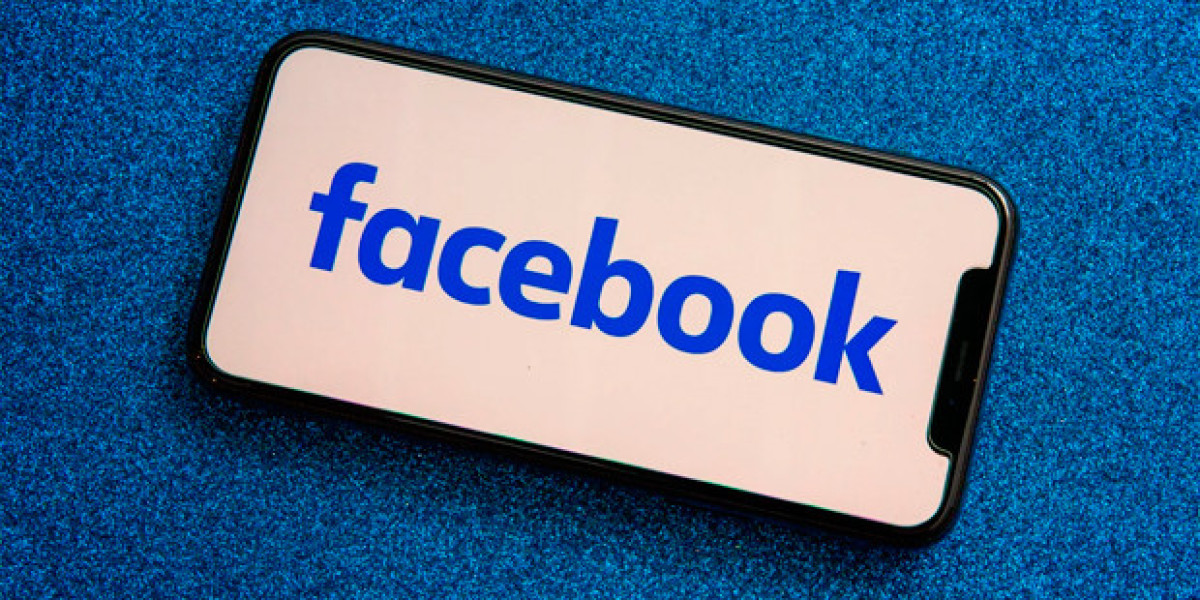The US Healthcare Games Simulation Market has seen exponential progress due to the increasing recognition of experiential learning. As healthcare becomes more specialized, simulation-based training offers precise skill-building opportunities, enabling learners to make informed decisions under pressure. The U.S. has been at the forefront of adopting cutting-edge simulation platforms that combine real-time feedback, data analytics, and immersive visualization. Additionally, the COVID-19 pandemic accelerated digital learning adoption, further solidifying the role of healthcare gaming in education and research.
The market’s rapid ascent can also be attributed to growing investment by public and private sectors. Major hospitals and academic organizations are partnering with simulation developers to create custom-tailored solutions for diverse specialties. The focus on competency-based medical education has further increased the demand for simulation games that assess both technical and interpersonal skills. For further insights into expansion catalysts, read more about the US Healthcare Games Simulation Market growth.
Furthermore, simulation developers are integrating analytical dashboards that provide real-time insights into learner performance and skill acquisition. These innovations not only improve educational outcomes but also guide policymakers and investors in making informed decisions. The growing availability of open-source simulation databases further accelerates innovation across the industry. For updated numerical findings and usage metrics, refer to the US Healthcare Games Simulation Market Data.
FAQs
Q1. What makes simulation games vital in healthcare training?
They offer a realistic environment for learners to practice procedures and build confidence without patient risk.
Q2. Which healthcare areas use gaming simulations most frequently?
Surgery, nursing, emergency medicine, and patient safety programs are key users.
Q3. How has COVID-19 influenced this market?
It accelerated the need for digital learning platforms, making remote simulations a standard component of education.
Q4. What is the growth outlook for the next decade?
Experts anticipate sustained double-digit growth due to ongoing technological innovation and rising educational demand.







